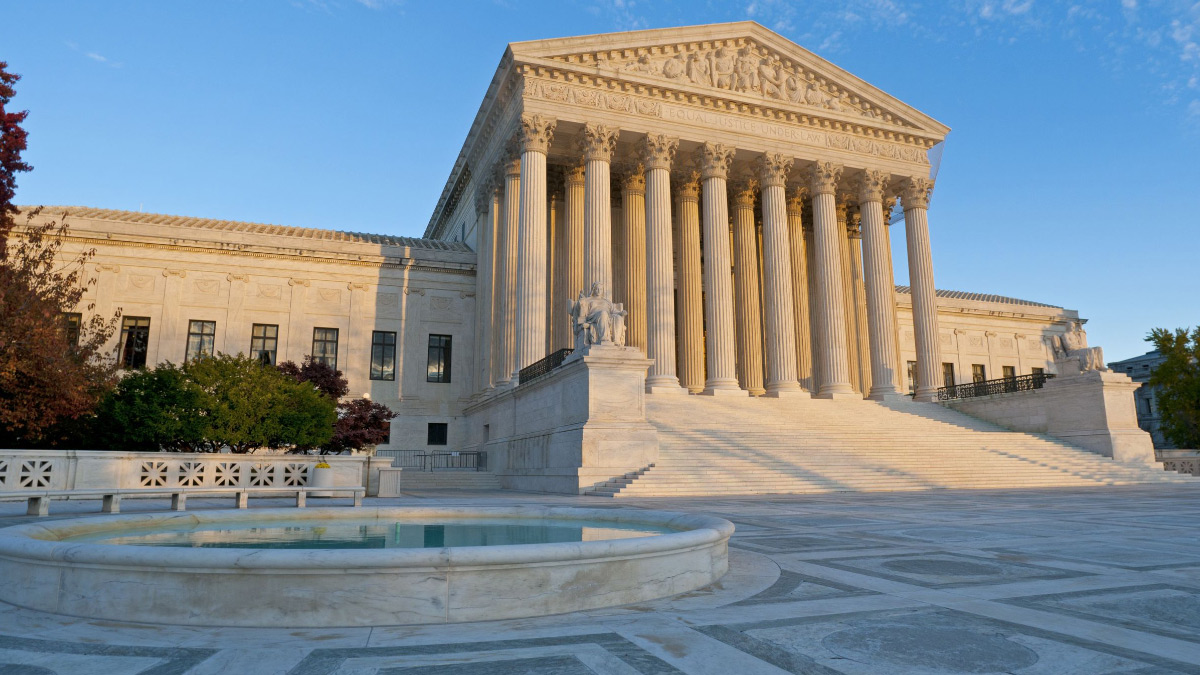Suppose a couple of Mexican citizens living in Tijuana journey to San Diego to give birth that night to a child. We argue that this baby is an American citizen owing to birth on American soil (jus soli—right of the soil). That is, soil is the sole determinant for American citizenship. Such citizenship entitles this child to the full rights and privileges of American citizenship.
Or suppose that same couple travels to San Diego to stay permanently, in violation of civil law, giving birth to a child later. Should the rule of law jus soli be the sole determinant of American citizenship? In most developed countries and in all of Europe, it is jus sanguinis (right of the blood) that determines a child’s citizenship. That is, defined by parental citizenship, not place of birth.
My larger point is this: The U. S. Supreme Court today comprises five conservative justices and four liberal ones. Will this majority of five comply with the legal precedents and continue to define American citizenship as deriving from jus soli? Or will it instead determine that citizenship needs to be defined by other relevant factors in addition to place of birth? This change could be permitted by the undefined phrase in the 14th Amendment of “subject to the jurisdiction thereof” of the Supreme Court. A change from legal precedent conceivably could arise.
President Trump threatens an executive order to eliminate jus soli as the sole determinant of citizenship. Such an order would surely make its way to the Supreme Court, where it would be risky for both sides of the case. Trump could win; Trump could lose.
The court might not elect to hear the case for two reasons: one, birthright citizenship has been operative since the U.S. vs. Wong Kim Ark decision in 1898. Two, the court might choose to avoid vehement nationwide protest by jus soli supporters.
We must emphasize that the Supreme Court is political, governed by ideologies. Jeffrey Toobin, legal analyst for CNN, was on the mark about the politics of the Supreme Court. In his book, “The Nine,” he asserts: “It is ideology ... that controls the outcome of cases.” And Richard A. Posner, a conservative judge and law professor, writes, “It is rarely possible to say with a straight face of a Supreme Court constitutional decision that it was decided correctly or incorrectly.” Constitutional cases, he writes, “can be decided only on the basis of political judgment, and a political judgment cannot be called right or wrong by reference to legal norms.”
Toobin concludes, “What matters is not the quality of the arguments but the identity of the justices. ... What (matters) is judicial philosophy—ideology.”
Which ideology on the eligibility of citizenship will triumph?
John Marshall, the father of a strong Supreme Court, declared: “The Constitution is what we say it is.” He led the court in the Marbury vs. Madison decision, in which the Supreme Court ruled an act of Congress unconstitutional. That precedent remains today—potentially applicable to the issue of birthright citizenship.
President Trump claims he has the executive authority to change the law on birthright citizenship. Don’t be too quick to write that off: the Supreme Court has the final say.








